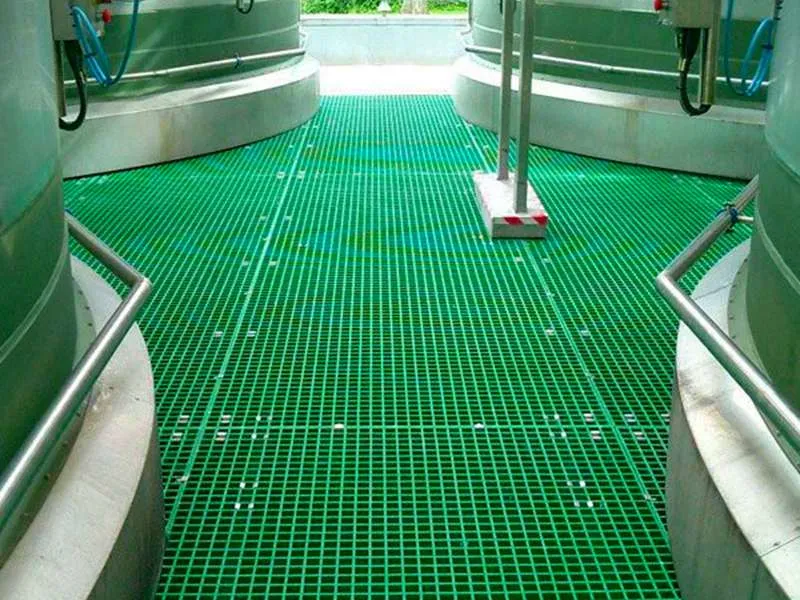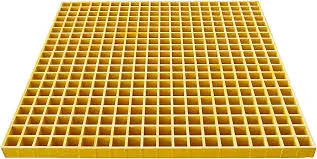
-
 Afrikaans
Afrikaans -
 Albanian
Albanian -
 Amharic
Amharic -
 Arabic
Arabic -
 Armenian
Armenian -
 Azerbaijani
Azerbaijani -
 Basque
Basque -
 Belarusian
Belarusian -
 Bengali
Bengali -
 Bosnian
Bosnian -
 Bulgarian
Bulgarian -
 Catalan
Catalan -
 Cebuano
Cebuano -
 China
China -
 China (Taiwan)
China (Taiwan) -
 Corsican
Corsican -
 Croatian
Croatian -
 Czech
Czech -
 Danish
Danish -
 Dutch
Dutch -
 English
English -
 Esperanto
Esperanto -
 Estonian
Estonian -
 Finnish
Finnish -
 French
French -
 Frisian
Frisian -
 Galician
Galician -
 Georgian
Georgian -
 German
German -
 Greek
Greek -
 Gujarati
Gujarati -
 Haitian Creole
Haitian Creole -
 hausa
hausa -
 hawaiian
hawaiian -
 Hebrew
Hebrew -
 Hindi
Hindi -
 Miao
Miao -
 Hungarian
Hungarian -
 Icelandic
Icelandic -
 igbo
igbo -
 Indonesian
Indonesian -
 irish
irish -
 Italian
Italian -
 Japanese
Japanese -
 Javanese
Javanese -
 Kannada
Kannada -
 kazakh
kazakh -
 Khmer
Khmer -
 Rwandese
Rwandese -
 Korean
Korean -
 Kurdish
Kurdish -
 Kyrgyz
Kyrgyz -
 Lao
Lao -
 Latin
Latin -
 Latvian
Latvian -
 Lithuanian
Lithuanian -
 Luxembourgish
Luxembourgish -
 Macedonian
Macedonian -
 Malgashi
Malgashi -
 Malay
Malay -
 Malayalam
Malayalam -
 Maltese
Maltese -
 Maori
Maori -
 Marathi
Marathi -
 Mongolian
Mongolian -
 Myanmar
Myanmar -
 Nepali
Nepali -
 Norwegian
Norwegian -
 Norwegian
Norwegian -
 Occitan
Occitan -
 Pashto
Pashto -
 Persian
Persian -
 Polish
Polish -
 Portuguese
Portuguese -
 Punjabi
Punjabi -
 Romanian
Romanian -
 Russian
Russian -
 Samoan
Samoan -
 Scottish Gaelic
Scottish Gaelic -
 Serbian
Serbian -
 Sesotho
Sesotho -
 Shona
Shona -
 Sindhi
Sindhi -
 Sinhala
Sinhala -
 Slovak
Slovak -
 Slovenian
Slovenian -
 Somali
Somali -
 Spanish
Spanish -
 Sundanese
Sundanese -
 Swahili
Swahili -
 Swedish
Swedish -
 Tagalog
Tagalog -
 Tajik
Tajik -
 Tamil
Tamil -
 Tatar
Tatar -
 Telugu
Telugu -
 Thai
Thai -
 Turkish
Turkish -
 Turkmen
Turkmen -
 Ukrainian
Ukrainian -
 Urdu
Urdu -
 Uighur
Uighur -
 Uzbek
Uzbek -
 Vietnamese
Vietnamese -
 Welsh
Welsh -
 Bantu
Bantu -
 Yiddish
Yiddish -
 Yoruba
Yoruba -
 Zulu
Zulu
Feb . 06, 2025 06:15
Back to list
Other Products
Insulated FRP (Fiber Reinforced Plastic) covers are revolutionizing industries that require robust and reliable protection from environmental and operational factors. These covers are not merely an efficient solution; they are an innovation that combines lightweight design with exceptional durability and superior insulation properties. Having firsthand experience working with FRP materials, I can share insights into why these covers are indispensable for modern industrial applications.
Safety is another domain where insulated FRP covers excel—a factor that fosters trust in industries where safety is non-negotiable. These covers exhibit excellent fire resistance. Many variants are available with built-in fire retardant properties, which can be critical for installations in fire-prone areas. Moreover, the electrical non-conductivity of FRP ensures that these covers are safe for environments where electric hazards might pose significant risks. The authority of insulated FRP covers in the industry is validated by rigorous testing and compliance with international standards. Certifications from bodies such as ASTM (American Society for Testing and Materials) and ISO (International Organization for Standardization) underpin their reliability in various applications. Customer testimonials and case studies abound, highlighting success stories from sectors ranging from waste management to energy production. In terms of trustworthiness, partnering with a reputable supplier of insulated FRP covers guarantees both peace of mind and product reliability. These suppliers often offer extensive warranties and post-sale support, advocating their commitment to product excellence and customer satisfaction. Through solid partnerships, industries can confidently plan long-term projects knowing that their assets are shielded by materials designed for endurance and performance. In summary, insulated FRP covers represent a blend of cutting-edge technology and practical utility. Their insulating properties, combined with lightweight, durable, and customizable characteristics, make them an invaluable asset in various industrial applications. Trusted by engineers and industry leaders alike, these covers are not just a choice but a strategic investment ensuring efficiency, safety, and reliability.


Safety is another domain where insulated FRP covers excel—a factor that fosters trust in industries where safety is non-negotiable. These covers exhibit excellent fire resistance. Many variants are available with built-in fire retardant properties, which can be critical for installations in fire-prone areas. Moreover, the electrical non-conductivity of FRP ensures that these covers are safe for environments where electric hazards might pose significant risks. The authority of insulated FRP covers in the industry is validated by rigorous testing and compliance with international standards. Certifications from bodies such as ASTM (American Society for Testing and Materials) and ISO (International Organization for Standardization) underpin their reliability in various applications. Customer testimonials and case studies abound, highlighting success stories from sectors ranging from waste management to energy production. In terms of trustworthiness, partnering with a reputable supplier of insulated FRP covers guarantees both peace of mind and product reliability. These suppliers often offer extensive warranties and post-sale support, advocating their commitment to product excellence and customer satisfaction. Through solid partnerships, industries can confidently plan long-term projects knowing that their assets are shielded by materials designed for endurance and performance. In summary, insulated FRP covers represent a blend of cutting-edge technology and practical utility. Their insulating properties, combined with lightweight, durable, and customizable characteristics, make them an invaluable asset in various industrial applications. Trusted by engineers and industry leaders alike, these covers are not just a choice but a strategic investment ensuring efficiency, safety, and reliability.
Next:
Related Products









